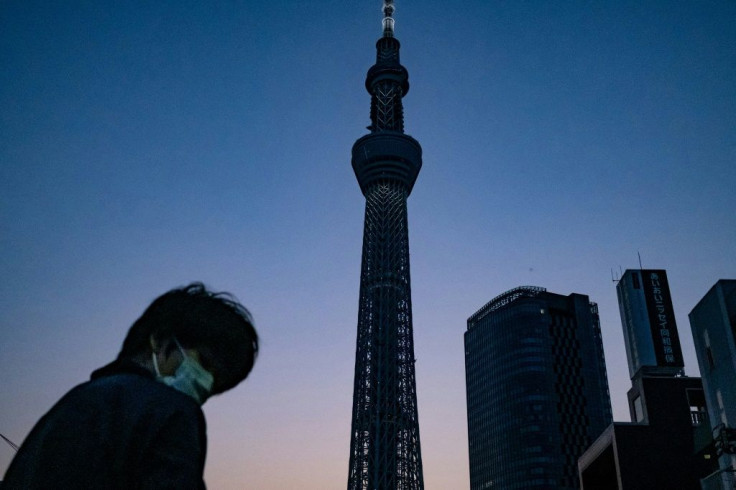Japan Economy: Amid Coronavirus, One Of The World's Strongest Economies Plans Its Recovery

Japan will unveil a comprehensive plan to restart its economy Monday amid the ongoing coronavirus outbreak, Japanese Economy Minister Yasutoshi Nishimura said Saturday. Thirty-four Japanese prefectures not under a “special alert” designation will see a partial lift of restrictive measures once the outbreak subsides, while reopening details for prefectures with the “special alert” status will be explained during the Monday announcement.
Japan, which has the third-largest economy in the world, is facing steep economic challenges, with Tokyo seeing falling prices in April for the first time in three years. National factory activity has also slowed down.
"The government will work with the central bank to ensure Japan absolutely does not slip back into deflation," Nishimura said Friday.
Prime Minister Shinzo Abe is considering whether to extend Japan’s state of emergency declaration into June. The current declaration lasts until May 31.
Prior to the pandemic, Japan had been dealing with slow economic growth since late 2018, hurt by the U.S.-China trade war, along with a consumption tax hike in October.
From 1991 to 2000, Japan had experienced a “lost decade,” a period of economic stagnation after stock market and real estate bubbles had burst. Japan had experienced both low GDP growth and deflation during this time. The government had used fiscal stimulus to combat the crisis, adding to public debt. In the 2000's, the country experienced a mild economic recovery.
From 1946 to the early 1990's, Japan experienced an “economic miracle” in the wake of World War II, with the country becoming a manufacturing and technology powerhouse. Japan is now the third-largest economy in the world.
As of Saturday at 2:30 p.m. ET, there are 14,571 cases of coronavirus in Japan, with the country’s death toll at 474.
© Copyright IBTimes 2025. All rights reserved.



















